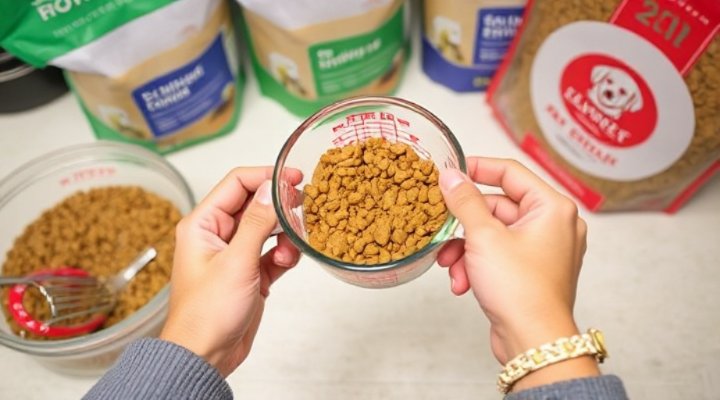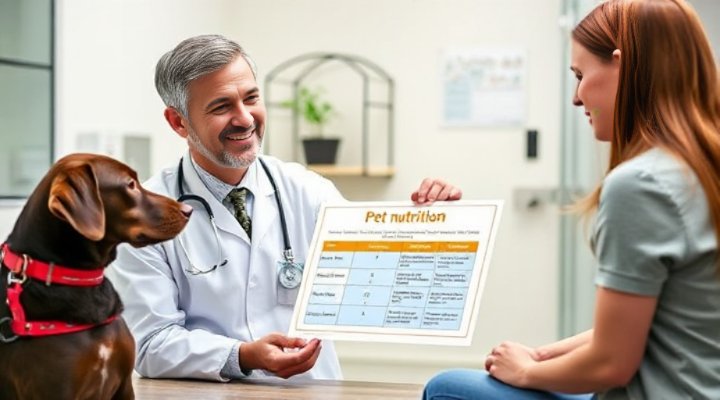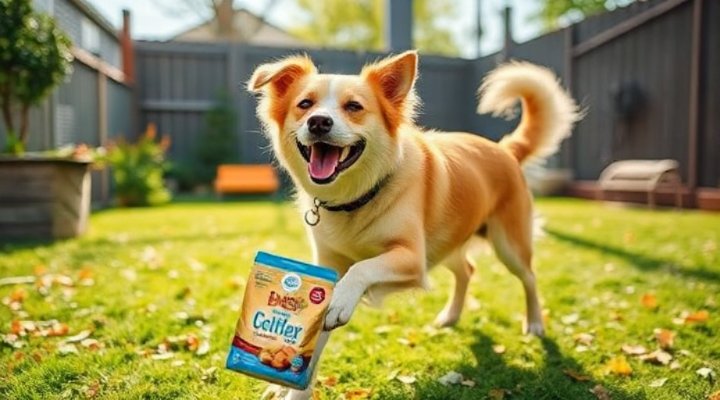Transitioning your pet to a new food requires careful planning and patience. Whether you’re switching to a raw food diet, a specialized formula like Royal Canin Hydrolyzed Protein, or simply trying a new brand, the process should be gradual to avoid digestive upset.

Why a Gradual Transition Matters
Suddenly changing your pet’s food can lead to stomach issues like diarrhea or vomiting. That is to say, their digestive system needs time to adjust to new ingredients and nutrient profiles. According to the American Veterinary Medical Association, a proper transition period helps maintain gut health and nutrient absorption.
The Standard Transition Schedule
Most veterinarians recommend this 7-10 day schedule:
- Days 1-2: 25% new food mixed with 75% current food
- Days 3-4: 50% new food with 50% current food
- Days 5-6: 75% new food with 25% current food
- Day 7+: 100% new food

Special Considerations for Different Pets
While the basic transition method works for most pets, some require extra care:
For Dogs with Sensitive Stomachs
Dogs prone to digestive issues may need a slower transition over 2-3 weeks. For instance, when switching to sensitive stomach formulas, consider adding probiotics to support gut health during the change.
For Cats
Cats can be particularly resistant to food changes. In other words, they may need even more gradual transitions and patience. The Cornell Feline Health Center suggests warming the food slightly to enhance aroma.

Monitoring Your Pet’s Response
During the transition period, keep an eye on:
- Stool consistency (should remain firm)
- Energy levels (should stay normal)
- Appetite (should remain consistent)
If you notice significant changes, slow down the transition or consult your veterinarian.
When to Consult a Professional
Certain situations warrant veterinary advice before changing foods:
- Pets with chronic health conditions
- Very young or senior animals
- If digestive issues persist beyond the transition period

Remember, every pet is unique. What works for one might need adjustment for another. Most importantly, celebrate small victories – like when your finicky cat finally accepts that new Purina ONE formula!

Related keywords: pet food switching, gradual diet change for pets, how to introduce new pet food, avoiding digestive upset in pets, best way to change dog food

